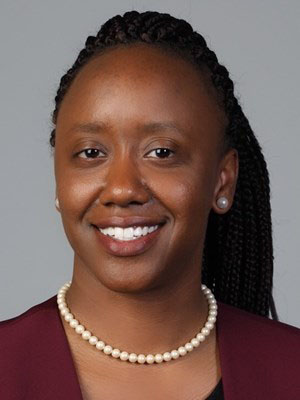By Stasya Hopp | Reporter
Behind the success of Baylor athletics lie the people who keep athletes healthy both physically and mentally. Baylor’s athletic training staff has a direct hand in the success of the teams they are responsible for, but what they do is so much more than what fans see on game day.
Each sports team has a team of athletic trainers who cover their treatment, practices and games. But Carrie Shearer, assistant athletic director for athletic medicine and director for rehabilitation services, said what Baylor trainers do is more than run across the football field with a medical bag or hand out water.
“I always have to pause people,” Shearer said. “We’re not just taping ankles. There’s a lot more that goes into it. I think the athletic trainer, they kind of just serve as that foundation. They’re like that middle person who coordinates all the medical care for the athlete.”
Dr. Monique Marsh-Bell, the assistant athletic director for mental health services, said her position, and the entire athletic training program, integrates all roles in serving their student-athletes. She spends most of her time doing direct one-on-one counseling with students, but she works a lot with athletic medicine, with performance nutrition, and the strength and conditioning coaches.
“We collaborate a lot under our health and wellness department,” Marsh-Bell said.
Marsh-Bell said she spends most of her time doing one-on-one counseling and that it’s “a sign that we’re starting to really break down the stigma around mental health.” She said athletes are not afraid to come up to her on campus to ask questions or talk about their appointments.
“For athletes, there’s always the idea that you need to be mentally tough and a lot of times that’s translated to you’re so strong you don’t need any help,” Marsh-Bell said.
An athletic trainer’s job encompasses all kinds of care for Baylor athletes. Some staff are easily working 12 to 14-hour workdays, Shearer said. On a normal day this includes an hour of pre-practice treatment, covering a two-hour practice, an hour of post-practice treatment, and documentation for all the student-athletes seen. After that, hours of more specific treatment time include, but are not limited to, rehab, checking in on athletes recovering post-surgery, going to a doctor’s appointment, or setting up a doctor’s appointment for an athlete.
During games, after meals, treatment, and warmup, a trainer is keeping an eye on the players, watching for injuries to happen or watching athletes with existing injuries. They will have notecards with the athletes who have serious conditions and injuries, but “as the season goes on, you just know” who has what, Shearer said.
The dedication to their athletes is universal throughout Baylor’s athletic programs. Marsh-Bell prioritizes athlete care above anything else which can mean long days for her as well when a student in need shows up at her door.
Physical treatment and mental care are connected, and Dr. Marsh-Bell said an athlete’s experiences with the program are intertwined.
“Our athletes that are injured have to meet with me for a mental health consultation because we know that injury affects your mental health and increases the likelihood of experiencing symptoms of depression or anxiety,”Marsh-Bell said. “If an athlete is injured, I’m talking with their team physician, with their athletic trainer, talking with the registered dieticians about how we can provide them holistic care as they go through their recovery.”
Shearer said that not everyone knows how important it is to keep up with the wellbeing of student-athletes.
“I don’t think people realize until you really know an athletic trainer. I don’t think they understand what goes on in this room,” Shearer said. “I’ve told administrators, coaches, come spend a day in here and see what all goes on, whether it’s evaluating an injury, whether it’s a kid coming in and you’re like ‘Hey did you eat lunch?’ and they haven’t eaten lunch so you have to send them out.”
Marsh-Bell said the goal of the athletic training program is about so much more than wrapping an ankle with tape. They want their athletes to “be champions for life, and that’s not just about who they are as athletes, that’s about who they are as people.”






